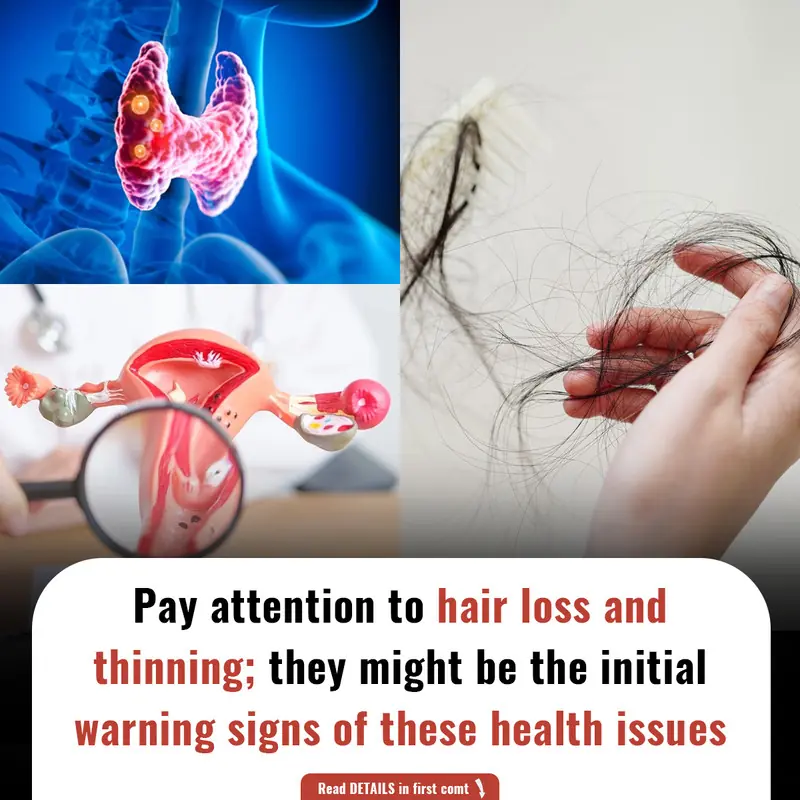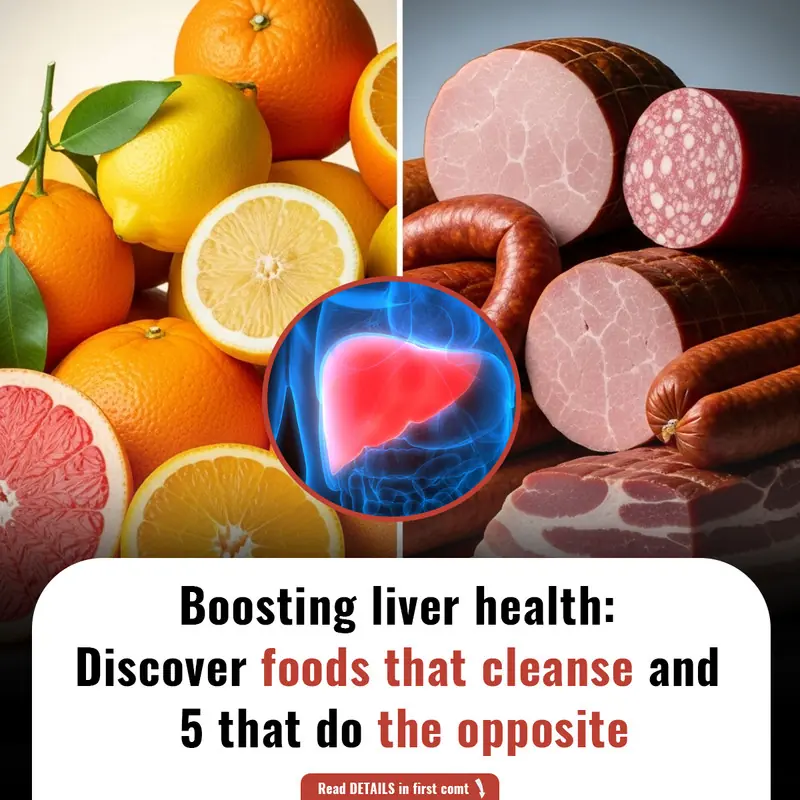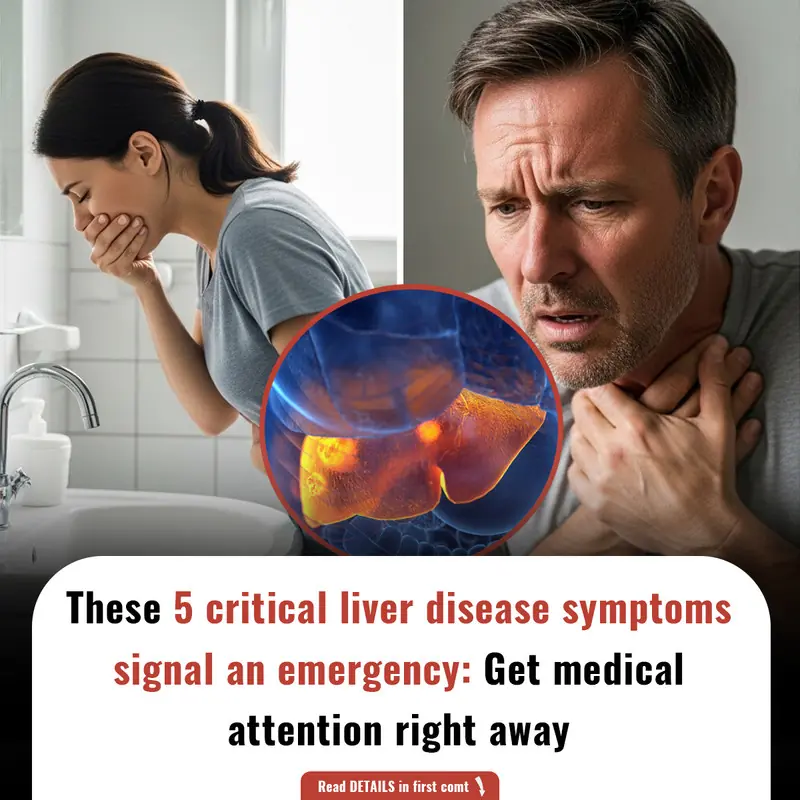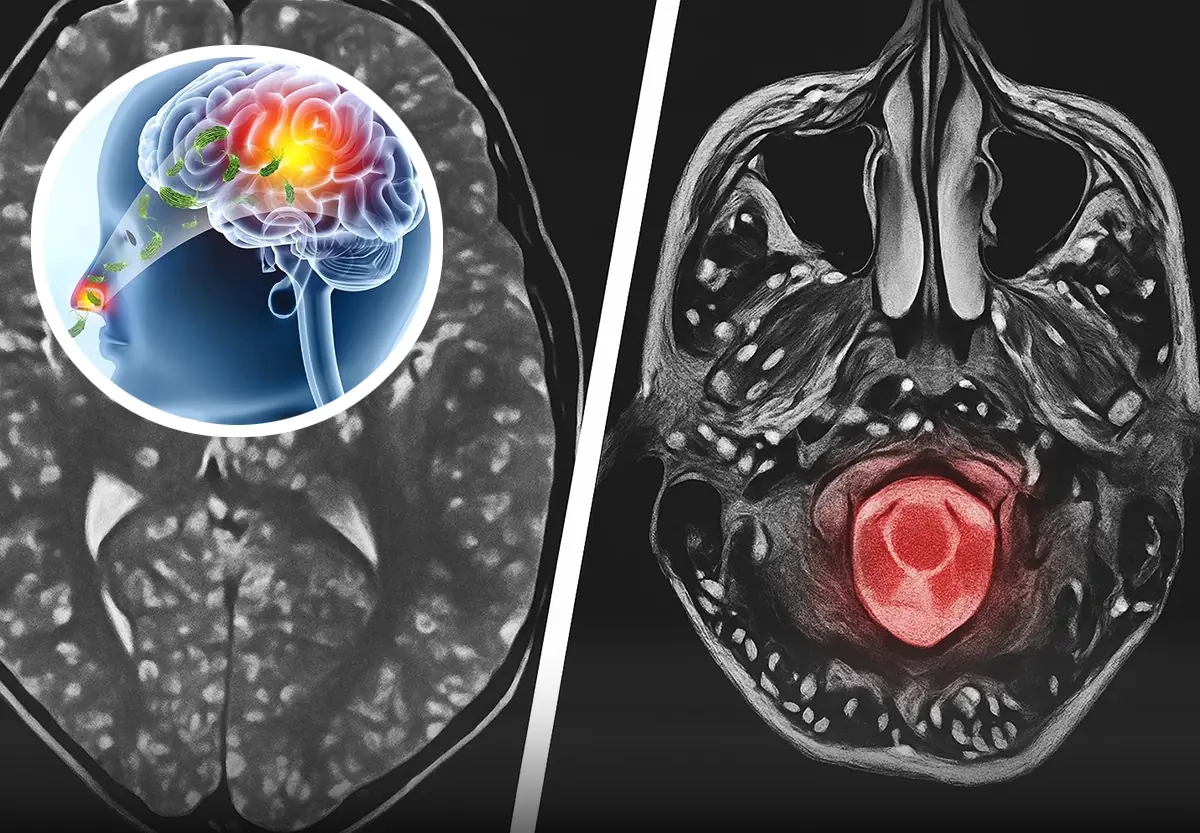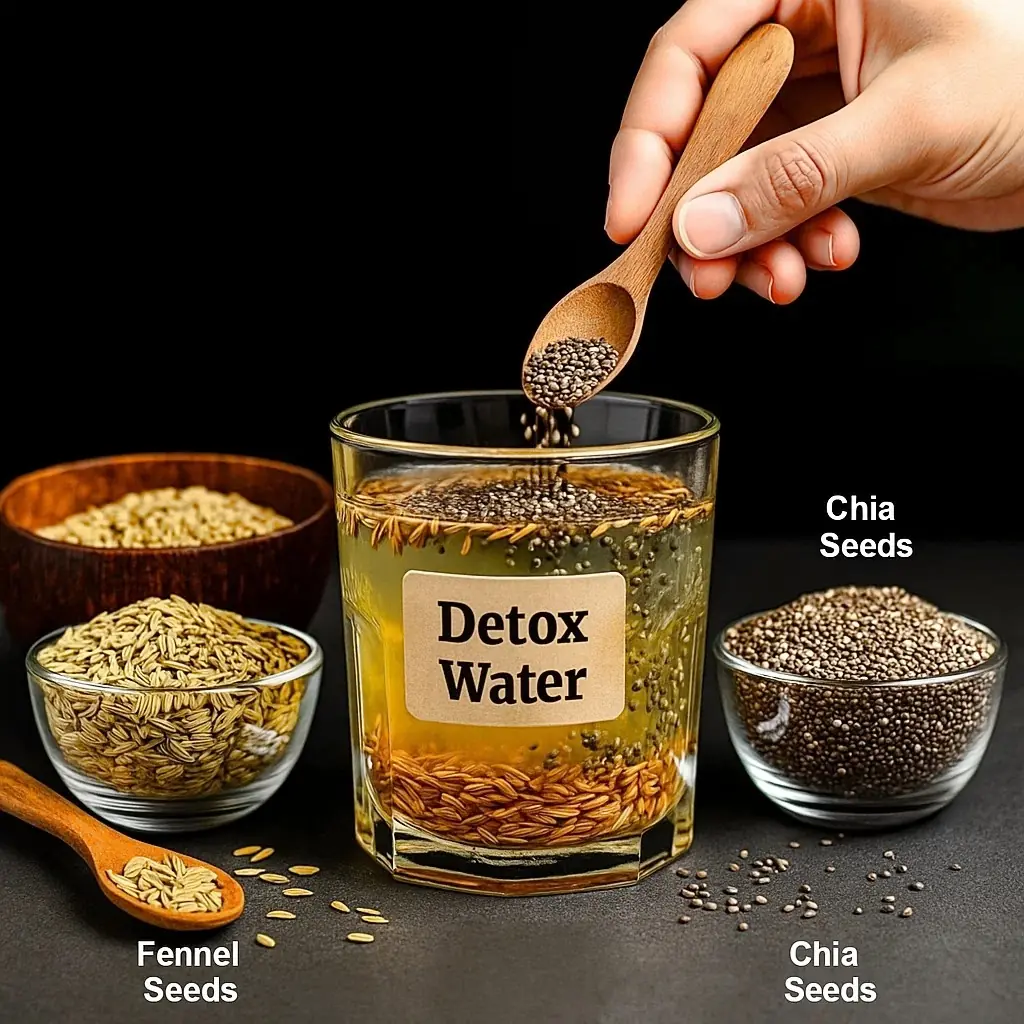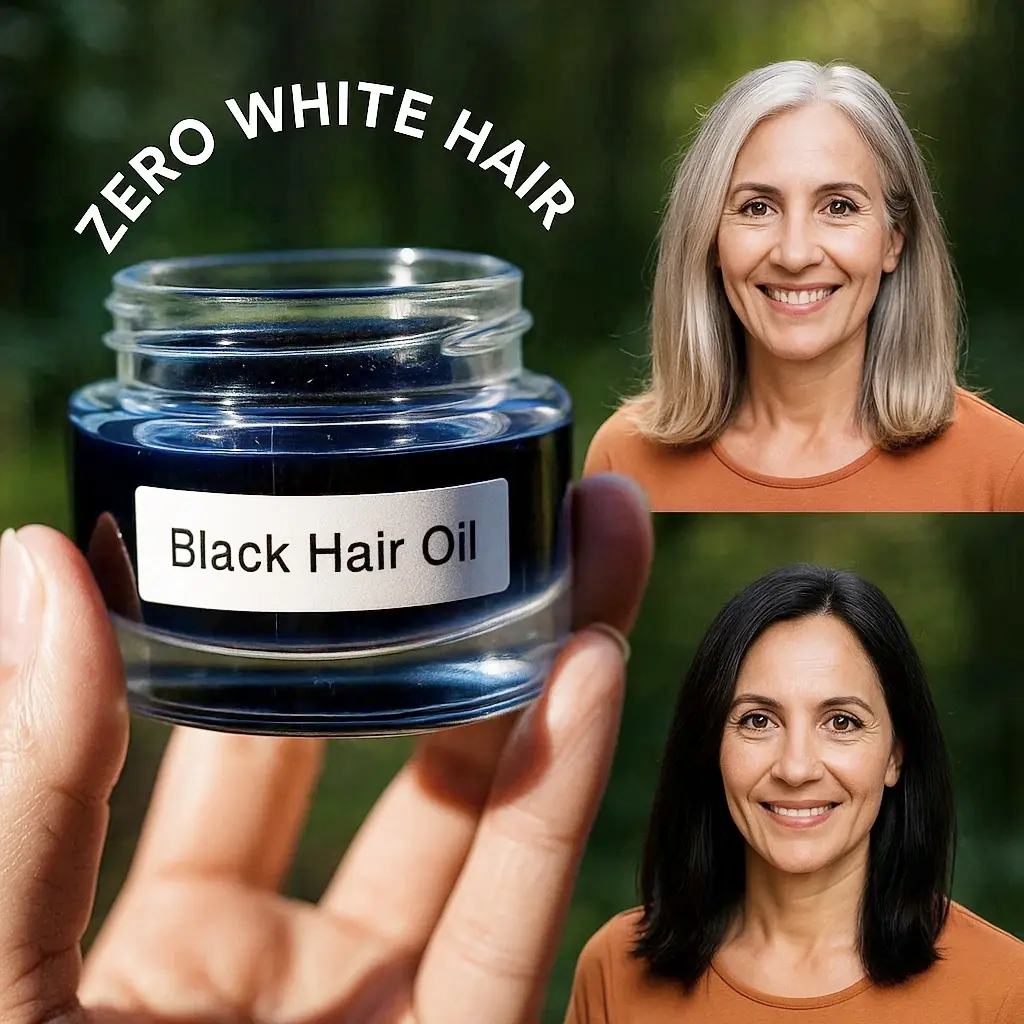From cellular rejuvenation to heart and brain protection, it’s far more than just a caffeine fix.
Coffee, the world’s most popular morning beverage, is undergoing a remarkable transformation in public perception. Long seen as just a quick pick-me-up, it’s now being recognized by scientists as something far more powerful - a possible ally in the fight against aging and chronic diseases like dementia, diabetes, and heart failure. Recent research from the UK has added to a growing body of evidence that coffee may significantly contribute to a longer, healthier life. But how exactly does it work? And should you be drinking more of it?
This article dives deep into the science behind coffee’s health benefits, unpacks the newest findings, and explores the complex relationship between coffee, caffeine, and your body’s cellular health. We’ll also look at the risks, the caveats, and how to safely integrate coffee into a health-focused lifestyle.

Coffee and Longevity: A Scientific Revelation
For millions of people worldwide, a cup of coffee in the morning is non-negotiable. But this beloved beverage may do far more than just help you wake up. In a breakthrough study conducted by scientists at Queen Mary University of London, researchers found that caffeine - the main bioactive ingredient in coffee - can stimulate a critical cellular pathway that could slow aging and promote better stress response.
At the center of this revelation is an enzyme called AMP-activated protein kinase (AMPK). This enzyme acts like a cellular fuel gauge, monitoring and managing energy within cells. When cells are stressed or running low on energy, AMPK kicks into action, triggering a cascade of biological responses to restore balance and initiate repairs.
According to lead researcher Dr. John-Patrick Alao, “These findings help explain why caffeine might be beneficial for health and longevity.” The study, published in Microbial Cell, provides a compelling explanation for the protective effects of caffeine and suggests that activating this AMPK system could be a promising avenue for future anti-aging treatments.

Researchers believe that caffeine could help you live longer, protecting you against potentially fatal diseases

Have you ever wondered what exactly happens inside your body after taking that first sip
What Is AMPK and Why Does It Matter?
AMPK is found in almost every cell in the human body and plays a crucial role in cellular energy homeostasis. When triggered, it helps the body:
- Enhance glucose uptake
- Stimulate fat oxidation (burning of fat for fuel)
- Improve mitochondrial health
- Boost autophagy (cellular cleanup and repair)
- Slow the aging process at the cellular level
Researchers often compare AMPK activation to putting a car into energy-conservation mode when the fuel is low - all unnecessary functions shut down, and the vehicle focuses on preserving what’s left and finding ways to refuel.
Caffeine’s ability to activate AMPK could be the key to explaining its observed benefits on metabolic health, brain function, and aging. It’s an effect that mirrors what is seen with fasting, calorie restriction, and exercise - three scientifically backed longevity boosters.
Yeast, Humans, and the Lab Connection
You might wonder how a study conducted on yeast could apply to humans. The answer lies in biology’s incredible conservation of fundamental processes. Yeast cells, despite their simplicity, share many cellular mechanisms with human cells, particularly when it comes to growth, metabolism, and stress response.
In the Queen Mary University study, researchers exposed fission yeast to caffeine and observed increased activation of the AMPK pathway. This activation triggered protective changes in the yeast cells, enhancing their stress resistance, ability to repair DNA, and longevity.
Since these core cellular functions are preserved across species, the implication is clear: what helps yeast survive longer could also benefit human health.
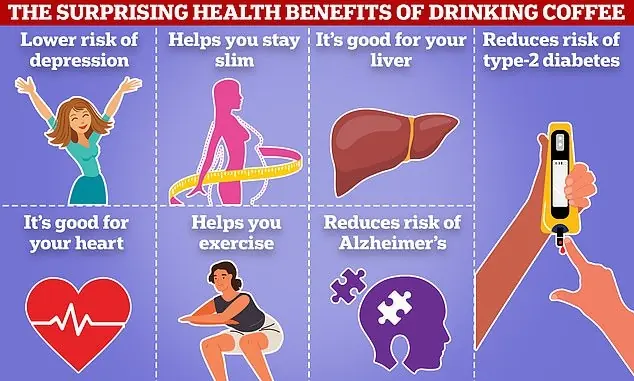
Drinking coffee in moderation could be good for you, according to researchers. The caffeinated drink has been linked to reducing your risk of type-2 diabetes, Alzheimer's, heart disease and liver disease. It also can help you stay slim, help you exercise and lower your risk of depression
Other Studies Agree: Coffee Might Be a Lifesaver
This isn’t the first time scientists have linked coffee to better health outcomes. In fact, the body of literature supporting coffee’s health benefits is robust and growing.
1. Coffee and Heart Health
Earlier this year, researchers at Tufts University in Boston published findings that support coffee’s protective effects on the heart. According to their analysis, people who drank two to three cups of black coffee daily had a significantly reduced risk of cardiac d:eath - nearly 20% lower than those who didn’t consume coffee.
This suggests that moderate coffee consumption could serve as a low-cost, accessible tool in promoting cardiovascular health, especially when consumed without high amounts of sugar or fat-laden creamers.
2. Coffee and Type 2 Diabetes
Multiple studies over the past two decades have shown that regular coffee drinkers are less likely to develop type 2 diabetes. According to a comprehensive meta-analysis by the Harvard School of Public Health, each additional cup of coffee consumed per day was associated with a 6-7% reduction in diabetes risk.
Why? Caffeine may improve insulin sensitivity and reduce inflammation, two factors closely linked to the development of diabetes.
3. Coffee and Brain Health
The brain benefits are particularly exciting. Coffee consumption has been linked to lower risks of cognitive decline, including diseases like Alzheimer’s and other forms of dementia. Researchers believe that caffeine may block the buildup of amyloid-beta plaques - protein clusters found in the brains of Alzheimer’s patients - while also enhancing mood, memory, and attention.
The Power of Polyphenols in Coffee
While caffeine often gets the spotlight, it’s not the only component in coffee doing the heavy lifting. Coffee is packed with polyphenols, a group of plant-based antioxidants that play a crucial role in cellular health.
Polyphenols help reduce oxidative stress - the imbalance between harmful free radicals and the body’s ability to detoxify them. Chronic oxidative stress is a known contributor to aging, inflammation, and many diseases including cancer and cardiovascular disease.
Notable polyphenols in coffee include:
- Chlorogenic acids (CGAs): These may help with blood sugar regulation and fat metabolism.
- Caffeic acid: Known for anti-inflammatory properties.
- Ferulic acid: Supports brain function and has neuroprotective effects.
Together with caffeine, these compounds create a synergistic effect that amplifies coffee’s potential health benefits.
Can Coffee Really Slow Aging?
The concept of “cellular senescence” - when cells lose the ability to divide and begin to malfunction - is a key aspect of aging and disease. Scientists now believe that slowing or reversing this process could be one of the most effective ways to extend healthspan (the number of healthy years in one’s life).
Caffeine, by activating AMPK and enhancing mitochondrial function, may help delay the onset of cellular senescence. This isn’t just about living longer; it’s about maintaining vitality and function well into old age.
The Catch: Not All Coffee is Created Equal
Before you start guzzling espresso by the gallon, it’s essential to understand that the health benefits of coffee depend heavily on how it’s prepared, what it’s consumed with, and how much is consumed.
1. Brewing Method Matters
Studies suggest that filtered coffee is healthier than unfiltered varieties (like French press or Turkish coffee). This is because unfiltered coffee contains cafestol and kahweol - natural oils that can raise LDL (“bad”) cholesterol.
2. Additives Count
Cream, sugar, flavored syrups - while tasty, these can turn your healthy brew into a dessert. These additives spike your blood sugar, increase calorie intake, and negate many of coffee’s health benefits. Opt for black coffee or plant-based, unsweetened alternatives.
3. Quantity Control
The NHS recommends limiting coffee intake to no more than four cups per day due to caffeine’s ability to increase blood pressure. Excessive caffeine can also lead to insomnia, digestive issues, anxiety, and - paradoxically - fatigue due to adrenal overstimulation.
Moderation remains the golden rule.
Coffee’s Dark Side: Risks You Should Know
While many studies celebrate coffee, others raise red flags.
1. Cardiovascular Risk
Some research suggests that high coffee consumption may elevate heart rate and blood pressure in certain individuals, particularly those with a genetic sensitivity to caffeine.
2. Cancer Connection
There has been some concern about coffee increasing the risk of certain cancers, but the evidence remains mixed. The World Health Organization once classified coffee as "possibly carcinogenic" due to acrylamide - a compound formed during roasting - but has since reversed that stance due to lack of conclusive evidence.
3. Vision and Bone Health
In some cases, excessive caffeine may lead to decreased calcium absorption and vision problems, although such outcomes typically occur with chronic overconsumption and poor diet.
The Big Picture: Coffee and National Health
In the UK, cardiovascular disease and dementia are among the leading causes of d:eath. According to the British Heart Foundation, heart and circulatory diseases account for about 170,000 d:eaths per year - nearly a quarter of all d:eaths.
Meanwhile, dementia remains the UK’s single biggest killer by specific cause, with over 74,000 d:eaths recorded in 2022 alone.
If something as simple and accessible as moderate coffee consumption could reduce even a fraction of these figures, the public health implications are massive.
What Does This Mean for the Future?
Beyond your morning cup, the implications of these findings are pushing science in new directions.
Researchers are now exploring caffeine-inspired drugs that could mimic its AMPK-activating properties without the side effects of overconsumption. Think of it as a "caffeine pill" for longevity without the jitters.
At the same time, public health officials and nutritionists are rethinking dietary recommendations around coffee - considering it not just a vice, but potentially a virtue.
Final Thoughts: Should You Drink More Coffee?
The science is compelling: coffee, especially black coffee consumed in moderation, may offer profound health benefits. From cellular rejuvenation to heart and brain protection, it’s far more than just a caffeine fix.
However, not all bodies react the same way. The best approach is mindful consumption - choosing quality, staying within safe limits, and skipping the sugar-laden extras.
So next time you cradle your morning brew, know that you may be doing more than just starting your day. You might be giving your cells the boost they need to fight aging, combat disease, and power a longer, healthier life.













